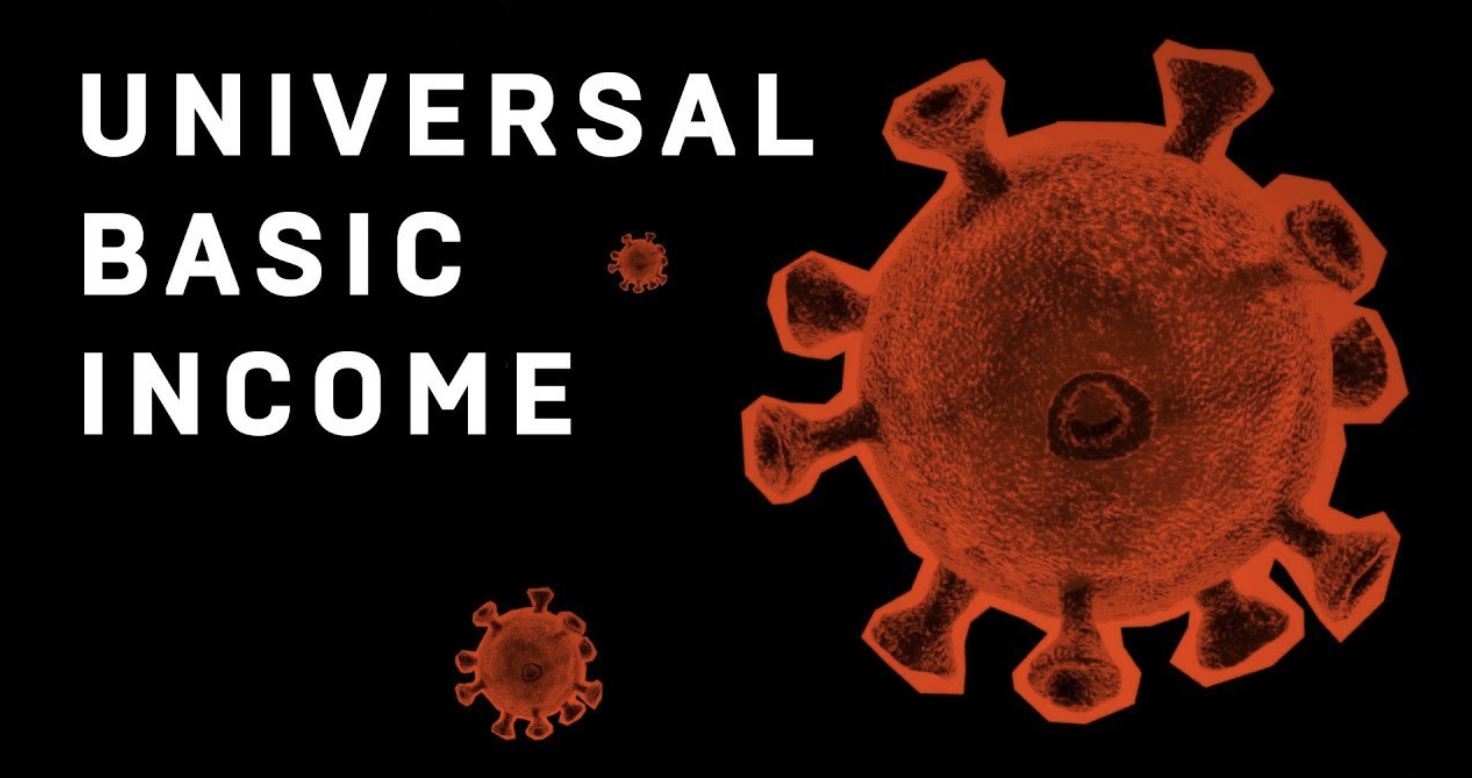
Seeing the COVID-19 pandemic expose and exacerbate dire conditions for women under capitalism and male supremacy, feminists formed the BC Women’s Alliance to respond to the crisis and try to influence the response by society and government.
In media coverage of the social impact of the pandemic, feminists have seen the same old evidence of women’s oppression: women trying to find a safe moment to pack a bag and plan the escape from a violent husband; women doing the bulk of the childcare and home-schooling; working-class women losing their precarious combo of cobbled together part-time jobs; women (many women of colour) obliged to care for our elders as best they could in the catastrophe of the for-profit care homes.
We feminists join the call for “no return to normal.” Our culture has tolerated the enforcement of scarcity, the destruction of fundamental human and natural relationships, and male violence against women. A just recovery from the pandemic must include a transformative end to these practices: #WomenDemand Guaranteed Livable Income.
Thinking together about what women need now, BC Women’s Alliance launched our campaign #WomenDemand Guaranteed Livable Income on May Day (May 1) 2021, mobilizing women to drop over 20 public banners in towns & cities across the province. For International Basic Income Week (September 20-26, 2021), we prepared new feminist podcasts, articles, and an (in-person!) film screening to forward the public understanding of Guaranteed Livable Income. We build upon the Pictou Statement: A Feminist Statement on Guaranteed Living Income published in the Canadian Journal of Women’s Studies Vol 23 (2004):
“Feminists insist that all activities of government and business in our nation(s) and our diverse communities should be assessed in the light of the prime value of sustaining life and social priorities of universal entitlement, human security, autonomy and common wealth. Social priorities of universal entitlement, human security, autonomy and common wealth must become central in social life and in public policy.”
The concept of a guaranteed income (variously known as “Basic Income,” “Basic Income Guarantee,” “Universal Basic Income,” “UBI”) has become much more prominent in the Canadian public discourse as people recognized the importance of emergency pandemic benefits such as CERB. A feminist guaranteed livable income should:
-
- Be publicly funded, because women’s economic security is a public responsibility.
- Ensure that no one is worse off than we were before, thanks to a robust complement of effective social and community supports, in addition to individual income
- Be universally applicable. Everyone making their home in Canada should be entitled, regardless of citizenship or status
- Be unconditional, without bureaucratic requirements and controls like proof of work history, checkpoints with social workers, or requirement to repay.
- Be individual. Individuals, not families or households should be entitled. This especially protects women from being trapped with men to access the benefit
- Be livable. Everyone should be able to live with adequate, comfortable means that allow for a dignified standard of living, including dealing with emergencies & planning for the future.
Coalition Canada Basic Income — Income du Base has built a lobby campaign on somewhat similar principles. We spoke with Toni Pickard, a founding member in a podcast interview. She encourages us to believe we could achieve a basic income in the foreseeable future in Canada. Guaranteed income activists across Canada shall certainly demand that our newly-elected Federal government be prepared for what Pickard calls “the questions of thoughtful design” that could craft a guaranteed livable income as a strategy for a just recovery from the COVID-19 pandemic.
Building coalitions around the demand for guaranteed livable income is, itself, a worthwhile feminist movement-building activity. In another of our Basic Income Week podcasts, Kathi Weeks, an associate professor in the women’s studies department at Duke University, reminds us that feminist campaigns carried out in coalition drive us to think deeply, challenge, and expand our arguments, and express our shared politics more clearly. She also makes a succinct retort to the devil’s advocates who attack guaranteed livable income with the “freeloader” trope — that too many people “would just refuse to work.” Weeks reminds us that women have, since the invention of waged work, always done the unpaid “housework” that feeds and sustains families and community, and that therefore sustains the wage system itself.
Guaranteed Livable Income is needed to address our losses in this pandemic and provide women with a source of income that enables us to reject oppressive work and family relationships while ensuring greater freedom in the use of our energy, skills, and time. When we are free from worrying about putting food on the table, women (and of course, everyone) can become more active in the movements struggling for urgent social transformation.
#WomenDemand Guaranteed Livable Income
Jacqueline Gullion represents the Vancouver Lesbian Collective in the BC Women’s Alliance.
